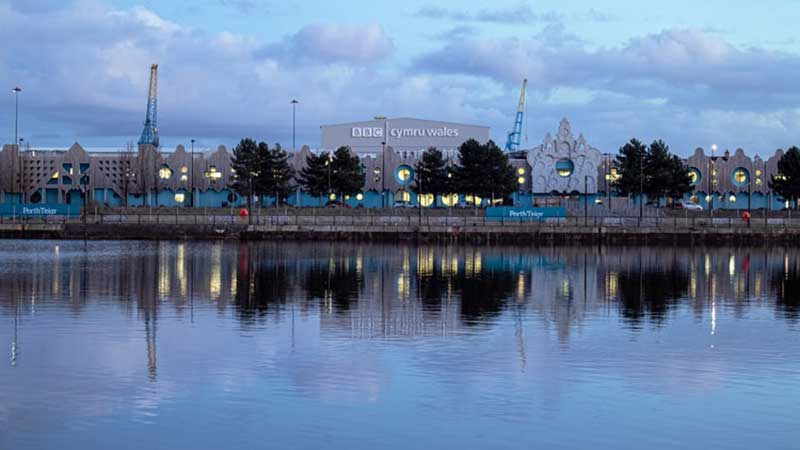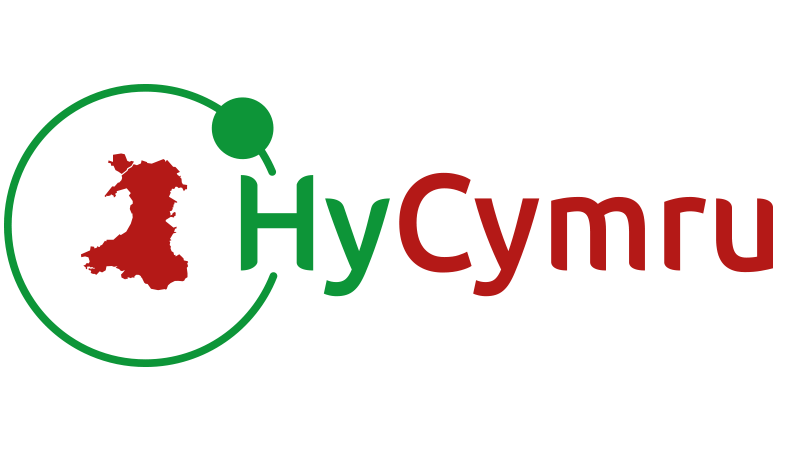
Welsh Government Energy Statement
This statement was published by Welsh Government on 15 December 2020
Last year we were the first national Parliament in the world, which voted to declare a climate emergency, triggering a wave of action.
We have led the transition from our fossil-fuelled past by investing in green technologies and programmes to mobilise action across a range of sectors.
Next year, we will legislate for at least a 95% reduction in greenhouse gas emissions by 2050 against a 1990 baseline,and await independent advice, due later this month, to see if we can go even further.
In this context, we broadly welcome the UK Government’s publication yesterday of the long awaited Energy White Paper, which starts to identify the huge challenges for the UK in achieving net zero by 2050. We welcome the recognition of the need for a joined up, smarter and more flexible energy system, which we set out in Prosperity for All: A Low Carbon Wales in 2019. However, if we are to deliver a fairer, more equal future, we must be involved in developing the thinking on these new and innovative areas – where we have much to contribute from the work we are already delivering in Wales. Our involvement can bring insights from innovation and ensure Welsh interests and stakeholders’ views receive appropriate attention, making sure our policies are aligned to maximise impact.
We are currently responding to the coronavirus pandemic but we have set out our plans for a proactive reconstruction of our economy. As we developed these plans through the summer, there was strong support from the public for a green recovery, delivering on our net zero ambitions.
Our energy system is fundamental to almost every area of Welsh life. Transforming this to a more localised, flexible and smarter low carbon system will be a vital part of delivering a sustainable future for Wales.
We are making good progress towards meeting our renewable energy targets. During Wales Climate Week, I published the Energy Generation in Wales 2019 report, which showed more than half of Wales’ electricity needs are now met through renewables. We are building on this momentum in Wales to drive further change. For example:
- We have established an enabling environment to proactively facilitate both onshore and offshore energy developments. Future Wales sets out our national spatial strategy, and will drive the focus of onshore renewable development over the next 20 years. Natural Resources Wales has scaled up its capacity to consider marine licencing for marine renewable technologies in Welsh waters.
- More than 70% of public sector bodies in Wales have benefited from the Welsh Government Energy Service (WGES) and associated Wales funding programme. Despite Covid-19 challenges, the service is on track to commit more than £15m to deliver projects in 2020-21. We are developing plans for a future service from 2022to 2026.
- We have enabled £27m of investment to mobilise the public sector and communities to take forward renewable energy and energy efficiency projects. This has enabled 26MW of renewable energy capacity, enough to power 8,163 homes. This clearly demonstrates our commitment to delivering against our policy on local ownership.
- We have made excellent progress working with regions to plan for their future energy needs, understanding the changes low emission vehicles and renewable heat will bring for different areas of Wales. The key public and private sector stakeholders who can drive forward innovative local solutions have helped identify the scale of change needed in each of the four regions of Wales. The emerging regional energy strategies, and the partnerships behind them, offer the potential to deliver considered and joined-up change, to realise the more prosperous low carbon Wales of our wellbeing goals.
- Underpinning all of this is the need to take a considered approach to designing and building grid at the pace required by the climate emergency. The cost of new grid will be met through energy customers’ bills; we must ensure investment decisions are made in a way which delivers a just transition. We are working with Ofgem, National Grid and the three district network operators in Wales, which are all proactively developing plans to meet the future demands on their networks. National Grid’s Net Zero South Wales project is an example of the way this issue is being taken forward by the network owners.
We are proud of our proactive approach in identifying the best opportunities for low carbon energy projects, accelerating and enabling their development, but more is needed. I am pleased today to set out how we are stepping up to the challenge of delivering a low-carbon power sector for Wales, delivering green jobs and ensuring we have a sustainable economy.
I will be funding two local area energy planning pilots, working with Conwy Council and Newport Council to develop local area energy plans. This builds on the excellent work to develop the regional energy strategies. It will give these authorities plans with practical and deliverable actions, as well as giving us lessons to apply across the rest of our country. It will also give us a firm foundation on which to plan and deliver the grid infrastructure which is needed for the long term, rather than upgrading in a piecemeal way, which will add unnecessary costs. A just transition requires the grid to be designed to meet the needs of places rather than of individual developments.
We are identifying where we can harness Wales’ natural resources to deliver the low carbon transition. Our seas offer great potential for renewable energy technologies, with associated carbon savings, employment and supply chain opportunities. We have established marine demonstration zones in Anglesey and Pembrokeshire. Under the Swansea Bay City Deal, we will create a dedicated site at Pembroke Dock to develop tidal and wave energy devices and a marine energy engineering centre of excellence. The Milford Haven Energy Kingdom has won additional funding from Innovate UK, which will help develop an integrated energy solution covering heat, power and transport.
Looking ahead, we are proactively exploring new and exciting opportunities for floating offshore wind technologies, which can operate in deeper waters. We will share the outcome of this exploration later next year. The Minister for Economy, Transport and North Wales is also considering a Marine Energy Challenge. He will make a statement to the Senedd.
The public sector is taking fresh action to show leadership in decarbonising the energy sector.
Supported by the Welsh Government Energy Service and £8.6m of Welsh Government funding, Cardiff Council is taking forward Wales’ biggest heat network. This is an exciting development for the long term, which will reduce emissions in the centre of Cardiff by using low carbon heat from the energy-from-waste plant in Cardiff Bay.
We also have ambitions to do more with the Welsh Government estate. I can today confirm we are working with Natural Resources Wales to explore ways to deliver on our wider ambitions for increased public ownership of energy generation and put public land to the best use. I expect to be able to say more on this development early next year. We are supporting a significant number of innovative low carbon initiatives across Wales. The Minister for Economy, Transport and North Wales announced his intention to create a site development company to help unlock the potential of the former nuclear power station site at Trawsfynydd. Cwmni Egino, will aim to bring forward new projects to the site – small modular reactors and a medical research reactor are just two of the projects being pursued.
Finally, we continue pushing the boundaries of technology, supporting the research base in Wales to build capacity and demonstrate new ideas fundamental to the transition we need.
Hydrogen is likely to play an important role in achieving our net zero ambitions, particularly due to its versatility across heat, power, transport and storage. We are actively exploring current and potential opportunities for hydrogen in Wales and we are developing a hydrogen pathway as part of our second Low Carbon Delivery Plan. Collaboration with the UK Government, our external Welsh Government Hydrogen Reference Group and other stakeholders, will be key to our achieving ambitions in this area and help attract central government and private funding.
We have also secured more than £47m of public and private sector support towards whole system solutions under our Smart Living programme.
This tests new ways of managing power, heat, transport and smart technologies at small scale, to see whether such smart local systems can work across Wales. We are also bringing forward promising ideas from businesses through Smart Cymru, for example funding development of an unmanned electric vessel for improved operation and maintenance for offshore wind farms. We have achieved a great deal in the last year, in spite of the challenges of pandemic and EU exit without a deal. We recently hosted 38 online events with 1,600 participants from Wales and beyond, to discuss the way forward during Wales Climate Week.
We will be carrying out further engagement in advance of COP 26 next year, working with the wide range of people involved in climate action and asking them to come forward with commitments of their own. These actions will form part of the next all-Wales Low Carbon Delivery Plan.
The achievements and ambitions I am setting out today provide a strong foundation for a sustainable future in Wales.

